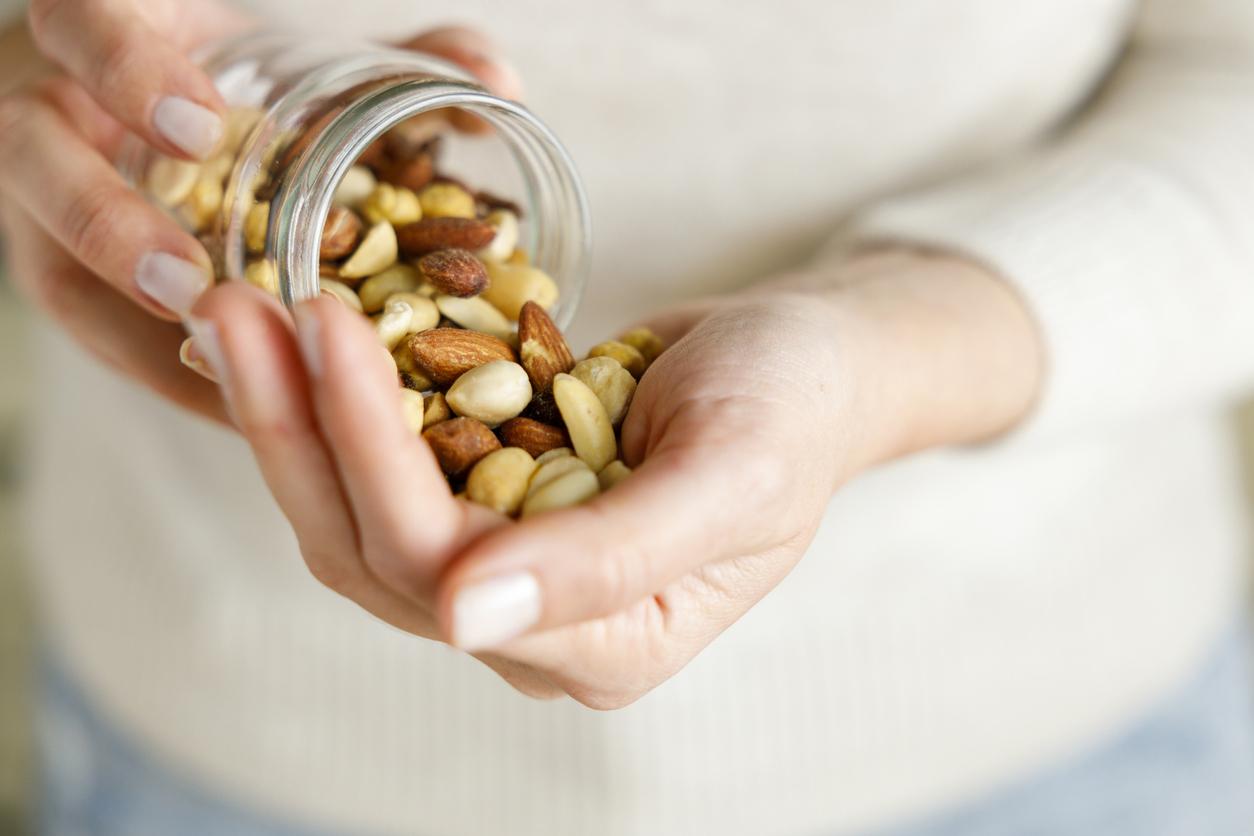Patients transplanted with organs from alcoholics are more likely to suffer from early graft dysfunction, according to the results of a study published in the scientific journal Alcoholism: Clinical and Experimental Research. In fact, in this case, transplant patients are 8.7 times more likely to suffer from this post-transplant pathology.
Primary graft dysfunction is severe acute lung damage that occurs between the first hours and days after a lung transplant.
Researchers at Loyola University in Chicago (United States) studied 192 lung transplants and analyzed the consumption ofalcohol donors.
For this study, heavy alcohol consumption was defined as more than 3 drinks per day for a woman (or more than 7 drinks per week) and more than 4 drinks per day for men (or 14 drinks per week).
The results of the study revealed that transplant patients with organs from heavy drinkers were 8.7 times more likely to suffer from primary graft dysfunction.
“Excessive alcohol consumption is known to increase the risk of acute lung injury and acute respiratory distress syndrome. This is in part due to an increased production of reactive oxygen species, ”explains Erin Lowery, a researcher in the department of internal medicine at the University of Chicago Medical Center.
“We hypothesize that recipients of heavy drinker lungs would be more susceptible to lung damage following transplantation.”
“Further investigation of lung donors and their alcohol consumption is needed to determine those at high risk for primary graft dysfunction following transplantation,” the researcher concludes.
In France, the 3 collection criteria for a lung transplant are the donor’s age (under 55), his tobacco consumption (less than one pack per day for 20 years) and the absence of chest trauma. But in front the lack of donors, they have become less restrictive, and the donor’s medical data are considered on a case-by-case basis.
Read also :
Organ donation: France lacks kidney donors
Kidney transplant: donating a kidney while you are alive is possible
Transplant: a “super-refresh” method to conserve organs
















